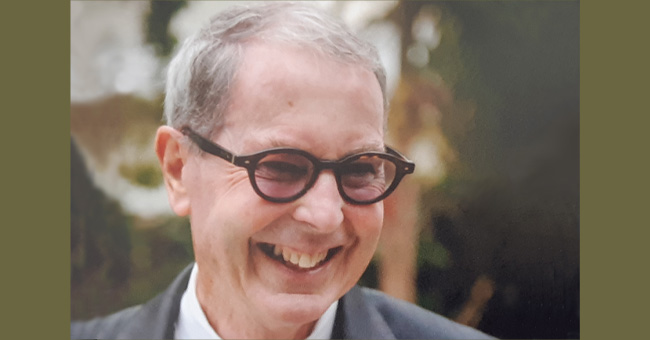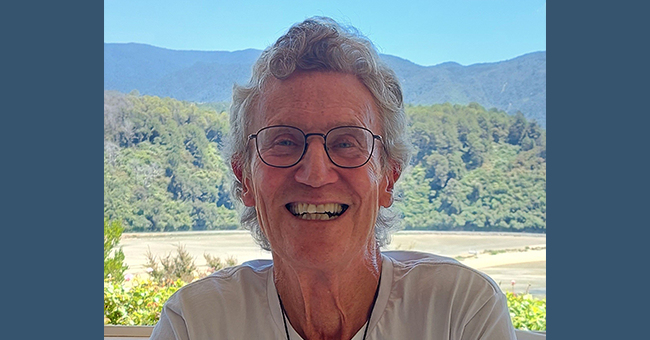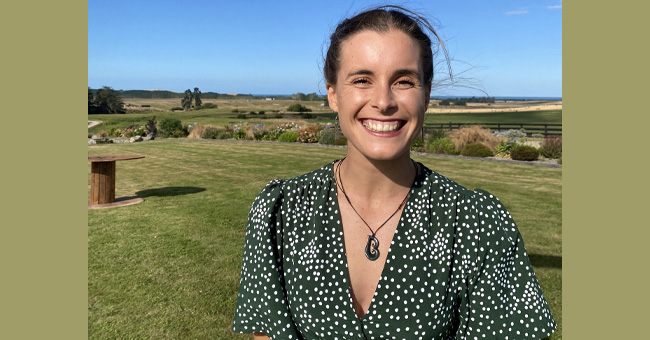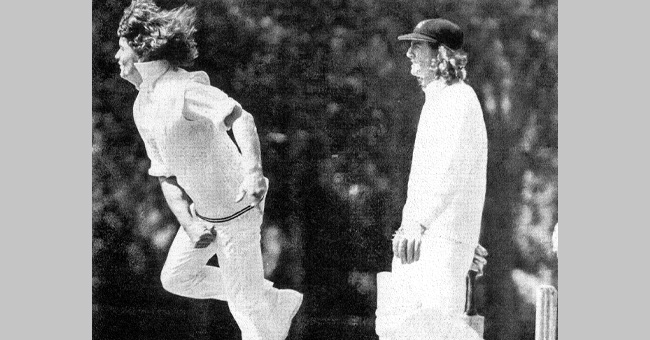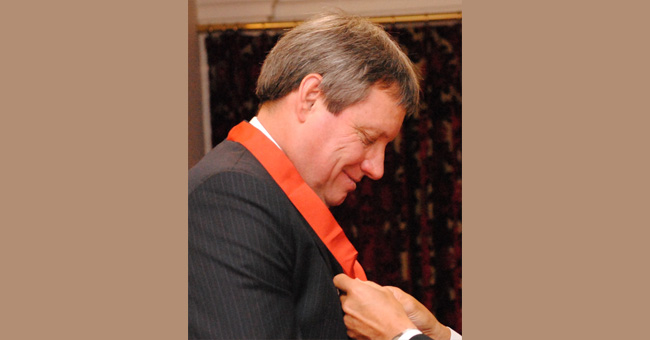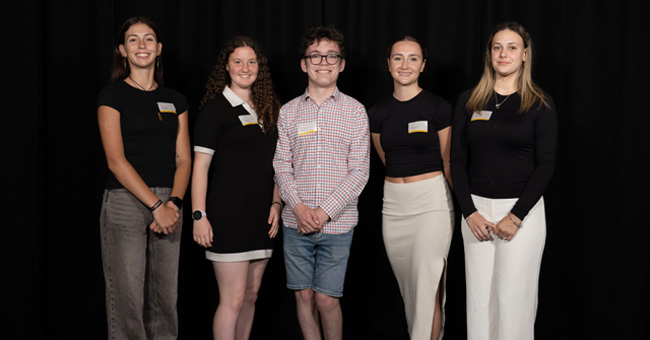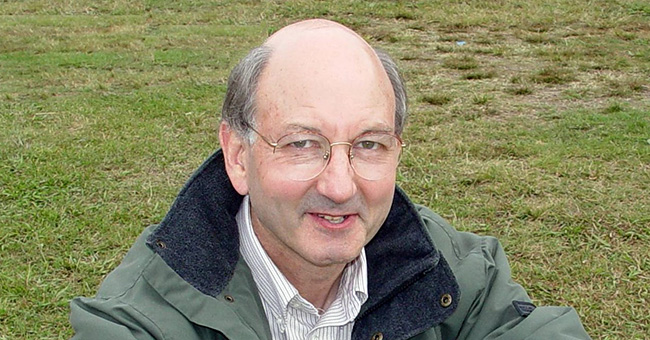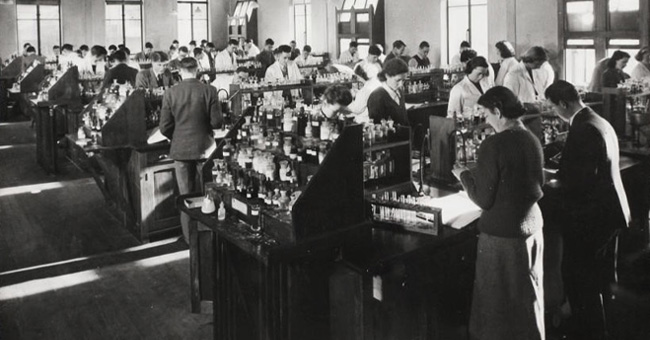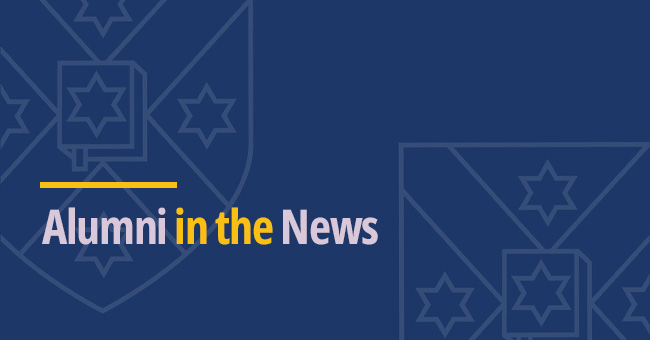@Otago Issue 38
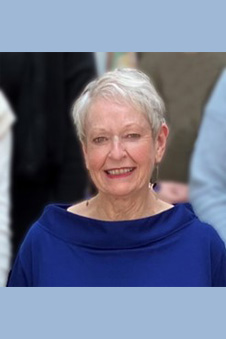
Rose Henderson.
Internationally-respected social worker Rose Henderson says she was humbled by being appointed an Officer of the New Zealand Order of Merit (ONZM) in the New Year Honours, and shares the credit with her partner and whānau, and her many colleagues. She was awarded the ONZM for services to social work and health.
Rose graduated from the Dunedin College of Education in 1975 and went on to gain a Diploma in Māori and a Diploma in Social and Community Work in 1998, and a Postgraduate Diploma in Social Welfare in 2004. Throughout her career, she has made significant contributions to social work as a profession in New Zealand and internationally through voluntary governance roles.
“I feel very humbled by the appointment and very grateful for the many opportunities I have had to work at local, national, and international levels,” says Rose.
“I especially acknowledge my very long-suffering and supportive partner and whānau, who many times have had to rearrange plans to accommodate my various commitments. Such an honour cannot be achieved by one person working alone, and I very much pay tribute to the many inspiring and supportive colleagues who it has been my privilege to work with over the years, both within the profession and across the multi-disciplinary teams that I have been a part of. I hope they see a part of themselves reflected in this.”
Rose has been a member of the Aotearoa New Zealand Association of Social Workers (ANZASW) since 1993 and served as President from 2003 to 2010 and again in 2016. During her tenure, she was instrumental in the establishment of the Social Workers Registration Board (SWRB) in 2003. She was awarded Life Membership of ANZASW in 2010.
From 2014 to 2022, Rose represented New Zealand within the International Federation of Social Workers (IFSW) where she held several roles, including Vice President and President of the Asia-Pacific Region. She was International Vice-President from 2020 to 2022, supporting the formation of the IFSW Indigenous Commission in 2020, which strengthens and supports indigenous social work practice and issues internationally.
Rose was Director of Allied Health Specialist Mental Health Service for Canterbury DHB from 2009 to 2016 and is currently a Director of Allied Health for Te Whatu Ora Canterbury.
She is especially pleased that through her Honour, the profession of social work as a whole is recognised, and she hopes that all social workers will celebrate this acknowledgement.
“There are many political and organisational leaders and decisionmakers who do not understand or value the enormous and varied contributions social workers make in our communities. Social workers work within multiple government departments and non-governmental organisations and often work with people at the most difficult times in their lives, and in contexts which may be invisible or misunderstood by others.”
Her social work study through the University of Otago laid the foundation for her career, and she was particularly appreciative of the distance learning opportunities provided at the time, as she was raising a young family in Southland and on-site attendance wasn’t a physical or financial option. “The Otago course enabled me to ‘earn as I learned’ and complete much of my course remotely.”
Highlights of her time at Otago include the opportunity to connect with the then Māori Studies department, completing some papers in Te Reo Māori and Tikanga Māori. She says she was “deeply honoured, and hugely surprised” to be awarded the Sir Peter Buck (Te Rangihīroa) Prize in Māori Studies in 1994, and made the decision to complete the full Diploma in Māori, rather than only the papers required for her qualification.
“I have always regarded being a part of the whānau that comprised that cohort of students, lecturers and tutors, as being a huge privilege and a very strong foundation for who I am today. I was delighted to note that one of my tutors in that course, Dr Hana O’Regan, is a fellow recipient of an ONZM. I well remember her encouragement of us to move way outside of our ‘comfort zones’ in learning Te Reo Māori – congratulations and thank you Hana!”
She says partly due to this component of her education, throughout her career she has endeavoured to strengthen her bicultural practice and has especially valued working closely with many wonderful Māori colleagues. Internationally, she was delighted to be able to promote the establishment of the Indigenous Commission in IFSW.
In her Allied Health roles, Rose’s work includes contributing to the recovery response to the Canterbury earthquakes and the COVID-19 pandemic. With the 2010 and 2011 earthquakes, she worked with government and non-government agencies to contribute to the leadership of the psychosocial work and to develop an initial psychosocial recovery framework.
“We were immediately thrown into what was for many the great unknown, and the concept of ‘building the plane whilst we were flying it’ quickly became my reality. Whilst we provided some immediate assistance during the initial response, the much longer work of psychosocial recovery soon became our focus.”
Rose says this work provided the blueprint for subsequent events, including the Kaikoura and North Canterbury earthquakes, as well as most recently the Care in the Community response in Hubs set up in response to the COVID-19 pandemic. She says the work in the Hub, by utilising the expertise of social workers, supported by assistants and working ‘virtually’ most of the time, enabled them to reach huge numbers of people in comparison to traditional ways of working.
“We found many unexpected as well as some anticipated benefits of working in these ways, and I believe there are many learnings from this experience that can inform future models of social work and community service delivery. Arguably most importantly, we were able to engage with significant numbers of people who had ‘fallen through the cracks’ of traditional models of health service delivery and through our wide community networks connect many people into longer-term supports.”
Rose is currently completing her final year as an appointed member to the SWRB. As she begins to reduce her hours of paid work, she intends to continue in her voluntary roles supporting the IFSW and ANZASW, remain as a Board member of the local Mental Health and Education Resource Centre and serve the community as a newly-appointed Justice of the Peace – “if my beloved dog and I pass the necessary assessments!” She also plans to undertake some pet therapy work.
“As a leader within health, I will continue to do what I can to improve access to services and improved health outcomes for the people needing our services. I will also continue to be inspired by a whakataukī that I aspire to live by - Mā mua ka kite a muri; Mā muri ka ora a mua. Those who lead give sight to those who follow; Those who follow give life to those who lead.”
